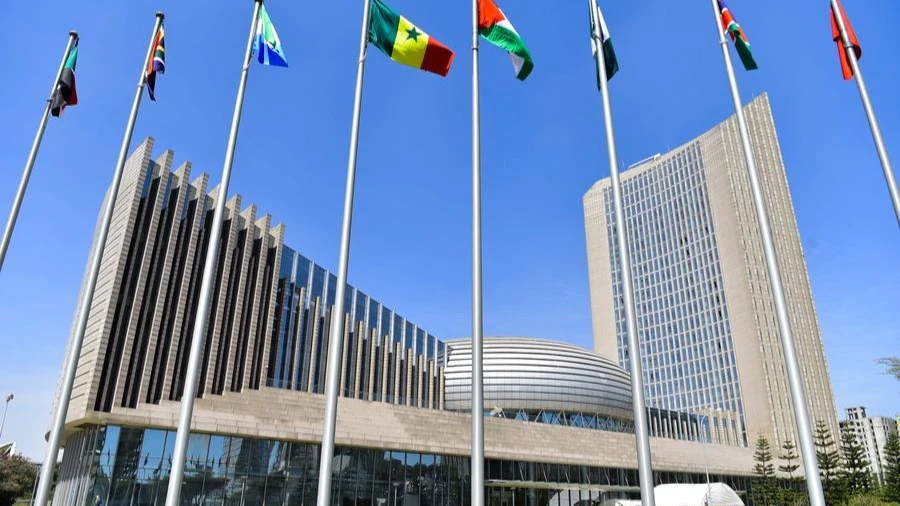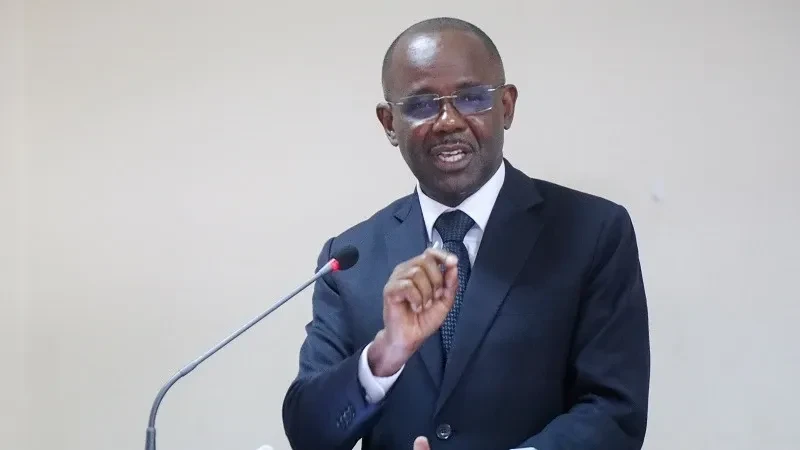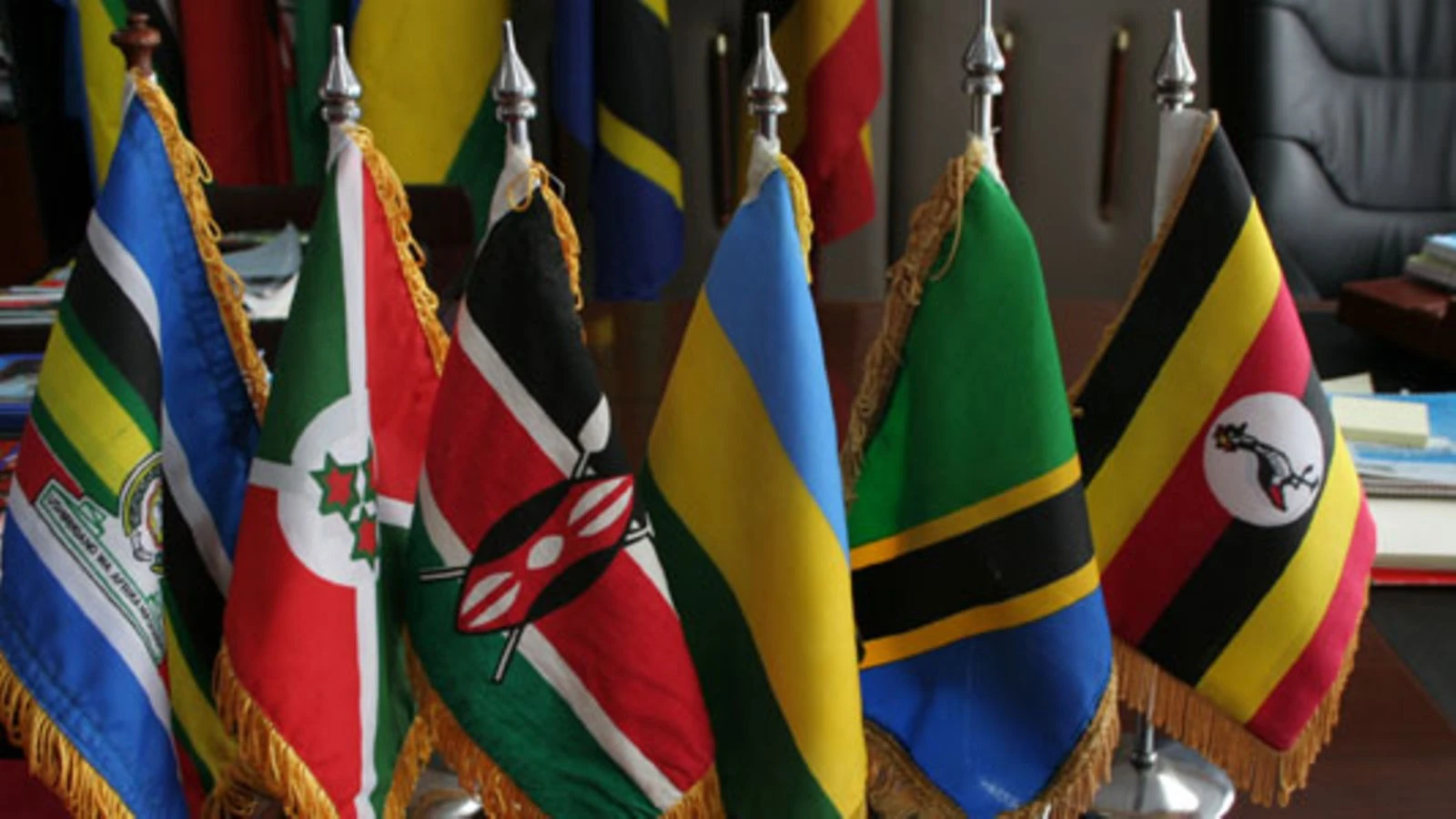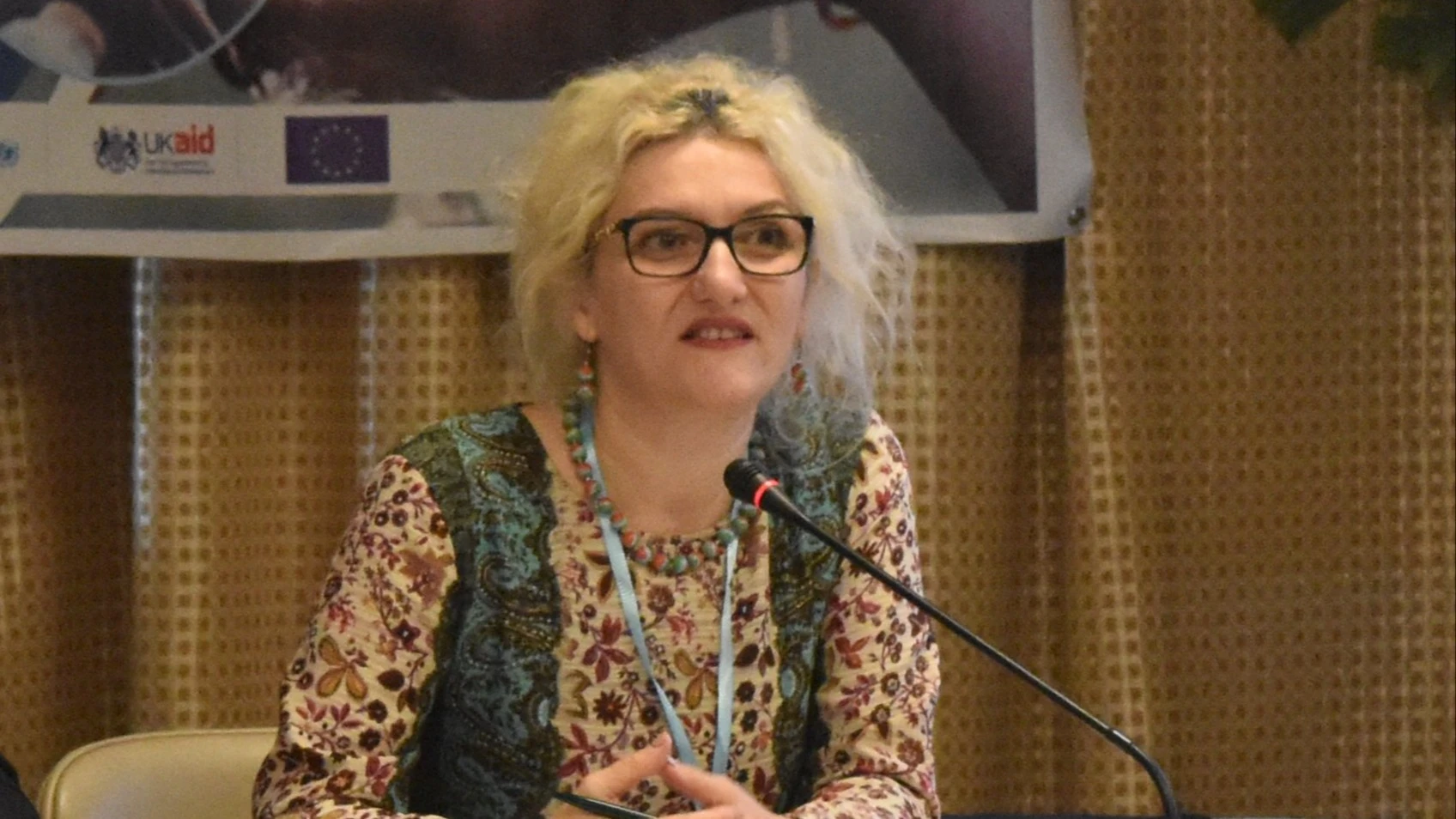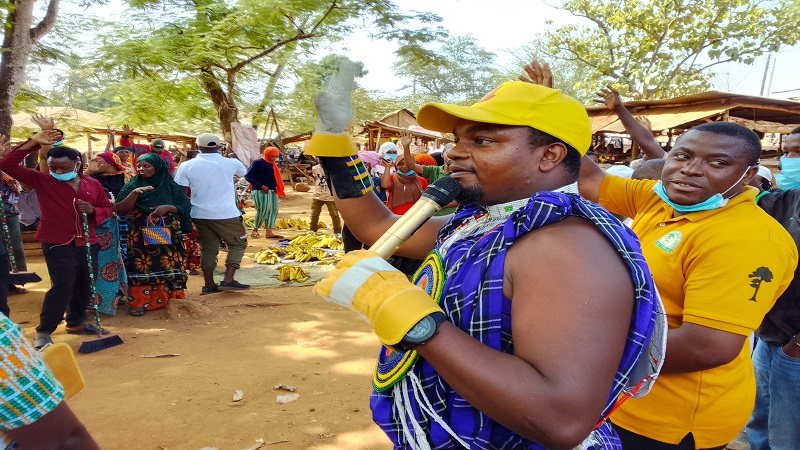Climate change triggers a dilemma for children development
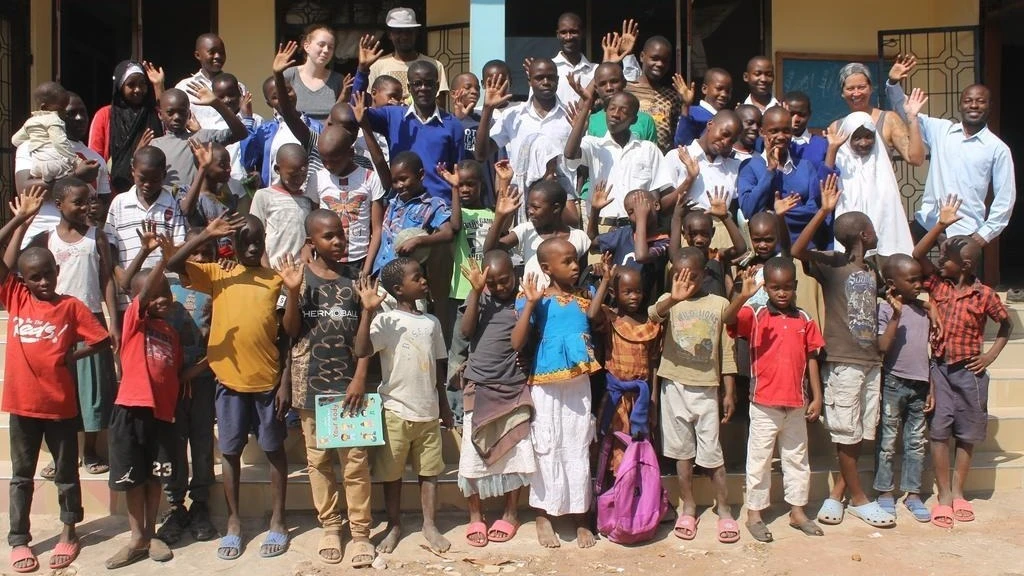
Climate change is increasingly threatening the development, health, well-being, nutrition, education, and survival of children in Nyamagana District and other areas of Mwanza Region.
Suppose the government and non-governmental organizations (NGOs) do not take serious measures.
In that case, today’s children and young people will bear the worst effects, including a higher risk of hunger and malnutrition.
Joyce Zelamula, the Nyamagana District Council nutrition officer, highlighted this concern yesterday while speaking to journalists about the impact of climate change on child development.
“When droughts occur due to climate change, food supply declines at the household level, leaving children without adequate nutrition for proper growth. This leads to malnutrition, stunting, and various diseases. Similarly, floods and heavy rains increase the prevalence of diarrheal diseases, depriving children of essential nutrients and worsening malnutrition,” she explained.
Food systems, particularly agriculture, are also significantly disrupted by flooding, affecting both the quantity and quality of food available.
As climate change continues to impact various regions, more people are expected to face severe food insecurity. To mitigate these effects, the community must be educated about climate change and how to address its consequences to safeguard children's health.
To combat these challenges, agriculture officers should encourage farmers to plant climate-resilient crops to ensure children receive proper nutrition and prevent malnutrition and stunting.
Urban planners should focus on maintaining high-quality roads to facilitate the transport of agricultural produce, ensuring food reaches markets efficiently.
Meanwhile, nutrition officers must provide education on proper dietary practices, helping families make informed food choices for balanced and nutritious diets.
“We need agricultural officers to educate farmers. In Nyamagana District, we rely on crops from Mwanza Region and other areas. We do not cultivate enough ourselves, and currently, the stunting rate among children stands at 29 percent,” Zelamula noted.
Malnutrition and stunting remain high in Nyamagana due to economic hardships.
Many residents are low-income earners engaged in small-scale businesses such as selling groundnuts, maize, coffee, and street food. Consequently, their diets lack essential nutrients.
Climate change-driven food insecurity disproportionately affects children under five, increasing cases of malnutrition and stunting. As a result, parents and guardians face high hospital expenses and struggle to participate in economic activities.
“A malnourished child is at greater risk of illness and death, struggles with learning in school, and faces difficulties in achieving educational goals,” Zelamula said.
Poor nutrition also hampers school readiness, affecting academic success.
Studies have shown that malnutrition among school-age children contributes to high absenteeism, early dropouts, low enrollment, and poor classroom performance.
From a policy standpoint, the government faces economic repercussions if malnutrition rates rise. A malnourished population weakens productivity and economic growth while increasing healthcare costs, as the government provides free treatment for children under five.
Zelamula emphasized that addressing malnutrition is crucial, as it affects long-term national development by increasing healthcare expenditures and reducing workforce productivity.
Parents and guardians must adopt proper child-feeding practices to ensure good nutrition. This includes providing age-appropriate meals with essential nutrients such as milk, meat, beans, cowpeas, fruits, and leafy vegetables.
“Do not give children processed foods, juices, biscuits, alcohol, or soda,” Zelamula cautioned.
Good parenting also plays a vital role in child development. Parents should avoid conflicts in front of children, prevent exposure to violent content, and refrain from consuming alcohol around them.
As part of their efforts, nutrition officers regularly conduct training sessions at mother-and-child clinics and have established community-based health and nutrition platforms to educate people on proper nutrition and vaccination importance.
NuruMasanja, Project Officer for Climate Resilient Development for Children and Youth at the Mwanza Youth and Children Network (MYCN), reported that children in Mkuyuni and Mabatini Wards are already facing food shortages, floods, droughts, and waterborne diseases.
During dry seasons, food scarcity intensifies as fish availability declines due to fishing bans aimed at preserving fish stocks.
Since many parents depend on selling fish to buy food, their children often go hungry, leading to cases of fainting in classrooms. Some children eat only one meal per day, while others rely on their parents selling fish first before they can afford food.
Waterborne diseases such as cholera, malaria, typhoid, and diarrhea are prevalent in these areas due to flooding, which contaminates water sources. “Children forced to drink unsafe water during floods suffer from these diseases, which disrupt their education and deteriorate their health,” Masanja said.
Flooding has also affected 20,492 people in Mkuyuni Ward, causing significant losses for small entrepreneurs whose businesses were destroyed. During heavy rains, entire shops and homes are flooded, leaving small-scale traders unable to work.
In Mabatini Ward, many residents rely on small businesses, but floods frequently wash away their goods and food supplies, making it unsafe to operate businesses or buy food. Additionally, children experience stress due to lack of food and shelter during extreme weather conditions.
To address these challenges, MYCN urges Nyamagana and Ilemela Districts to increase public awareness about climate change, its causes, effects, and adaptation strategies. Many residents remain unaware of its impact and how to cope with it.
MYCN also plans to establish tree nurseries in schools across both districts, working with local governments to secure seeds. Furthermore, they will continue organizing school debates on climate change to educate students.
“As parents, NGOs, and civil society organizations involved in environmental conservation, we must understand how different populations are affected by climate change and take necessary action to protect public health,” Masanja concluded.
Top Headlines
© 2025 IPPMEDIA.COM. ALL RIGHTS RESERVED












